UPSIDE Foods and GOOD Meat (Eat Just) will be the first to launch cultivated meat in the US after clearing the final hurdle required by regulators: a grant of inspection (GOI) from USDA for their production facilities in California.
UPSIDE, which secured a green light from the FDA last year and approval from USDA to use the term ‘cell cultivated chicken’ on product labels last week, will debut at Dominique Crenn’s upscale Bar Crenn restaurant in San Francisco with a whole-textured chicken product comprising 99% chicken cells. It will then be launched “in limited quantities through select restaurant partners.”
GOOD Meat, which secured a green light from the FDA in March this year and approval from USDA to use the term ‘cell cultivated chicken’ on product labels last week, will debut at a restaurant owned by celebrated chef José Andrés in Washington, D.C.
“This is a truly historic moment that the cultivated meat industry has been waiting for since UPSIDE founded the industry in 2015,” said UPSIDE Foods. “With this approval, UPSIDE can begin commercial production and sales of its cultivated chicken.”
Eat Just founder Josh Tetrick added: “We have been the only company selling cultivated meat anywhere in the world since we launched in Singapore in 2020, and now it’s approved to sell to consumers in the world’s largest economy.”
2023: A pivotal year for cultivated meat
2023 will be a pivotal year for the cultivated meat industry as startups face questions over the scalability of their technology and industry stakeholders wait with bated breath to see if US consumers are sufficiently enthused by the first wave of products to motivate jittery investors to keep funding the category.
The best-funded player in the nascent space having raised $608 million since launching in 2015, UPSIDE Foods operates a pilot facility in Emeryville, CA, that can produce 50,000 lbs of finished product a year, with a future capacity of over 400,000 lbs/year. It is now planning a larger-scale facility with a production capacity of “tens of millions of pounds.”
GOOD Meat, which was the first company to introduce cultivated meat to consumers, has a demo-scale production facility in Alameda, CA, with bioreactors up to 3,500-liters in size. Its contract manufacturing partner JOINN Biologics also obtained a grant of inspection from USDA for its facility in Richmond, California, and operates bioreactors of around 1,000 liters.
Speaking to AgFunder News (AFN) last week, COO Amy Chen said the process to make its whole cut chicken products is still taking place in two-liter flasks and is not operating at scale. However, UPSIDE also has larger 2,000 liter vessels to produce cell biomass [rather than mature tissue] that can be added to plant-based meat to create blended products such as nuggets and sausages, she said.
Dave Humbird: ‘The emperor has no clothes’
In a panel debate moderated by AFN at the SynBioBeta conference last month, cultivated meat startups acknowledged that the media narrative around the technology has changed this year, with optimistic articles about innovations in the space now competing with headlines about cancerous cells, greenwashing, vaporware, and business failures.
However, panelists said they remained confident that processed meats combining cultivated and plant-based meat will be commercially viable, although scaling up more structured products such as steak still presents significant challenges.
“Will your [cultivated] burger taste great?” asked Patricia Bubner, cofounder at Orbillion Bio. “Yes, it will. But I think we should be honest as an industry about what cultivated meat is not. And right now, it is not the perfect steak. We can’t do that at scale at a price point that makes sense.”
At the same event, Dave Humbird, who published a high-profile techno-economic analysis in 2021 concluding that cultivated meat faced “intractable” challenges at food scale, told AFN that nothing he had seen since had changed his mind.
“None of this stuff makes any commercial sense until everyone’s eating it. The emperor has no clothes.”

‘A giant step forward towards a more sustainable future’
Speaking at the Future Food Tech conference in 2021, UPSIDE Foods cofounder Dr. Uma Valeti said that while he was “a big supporter of plant-based proteins… the majority of people are still craving real meat.”
Speaking at an event at Tufts University last year, he acknowledged that early projections about the speed with which cultivated meat might gain market share were optimistic, but noted that Rome wasn’t built in a day.
“It seems daunting and overwhelming when you think it could be 10, 20, 30 years [before cultivated meat really takes off]. But I don’t think that’s a long horizon at all when you think that meat [from slaughtered animals] has been around for thousands of years. Talk is cheap. So let’s prioritize action, and… take the constructive criticism, but keep moving forward. ”
Commenting on today’s news, he said: “This approval will fundamentally change how meat makes it to our table. It’s a giant step forward towards a more sustainable future, one that preserves choice and life.”
GFI Europe: Europe is falling behind
Alice Ravenscroft, head of policy at the nonprofit Good Food Institute Europe, said the news should come as a wake up call in Europe, which she argued was “falling behind as the rest of the world accelerates to deliver cultivated meat as part of a more sustainable food system.
“American consumers will soon be able to taste real chicken made without farming animals, so European companies are beginning to look across the Atlantic to take their products to market. Cultivated meat has the potential to slash emissions, boost our food security and expand consumer choice. The EU must step up its investment in the sector and ensure regulatory processes are robust and transparent, or risk missing out on this crucial climate solution and economic opportunity.”

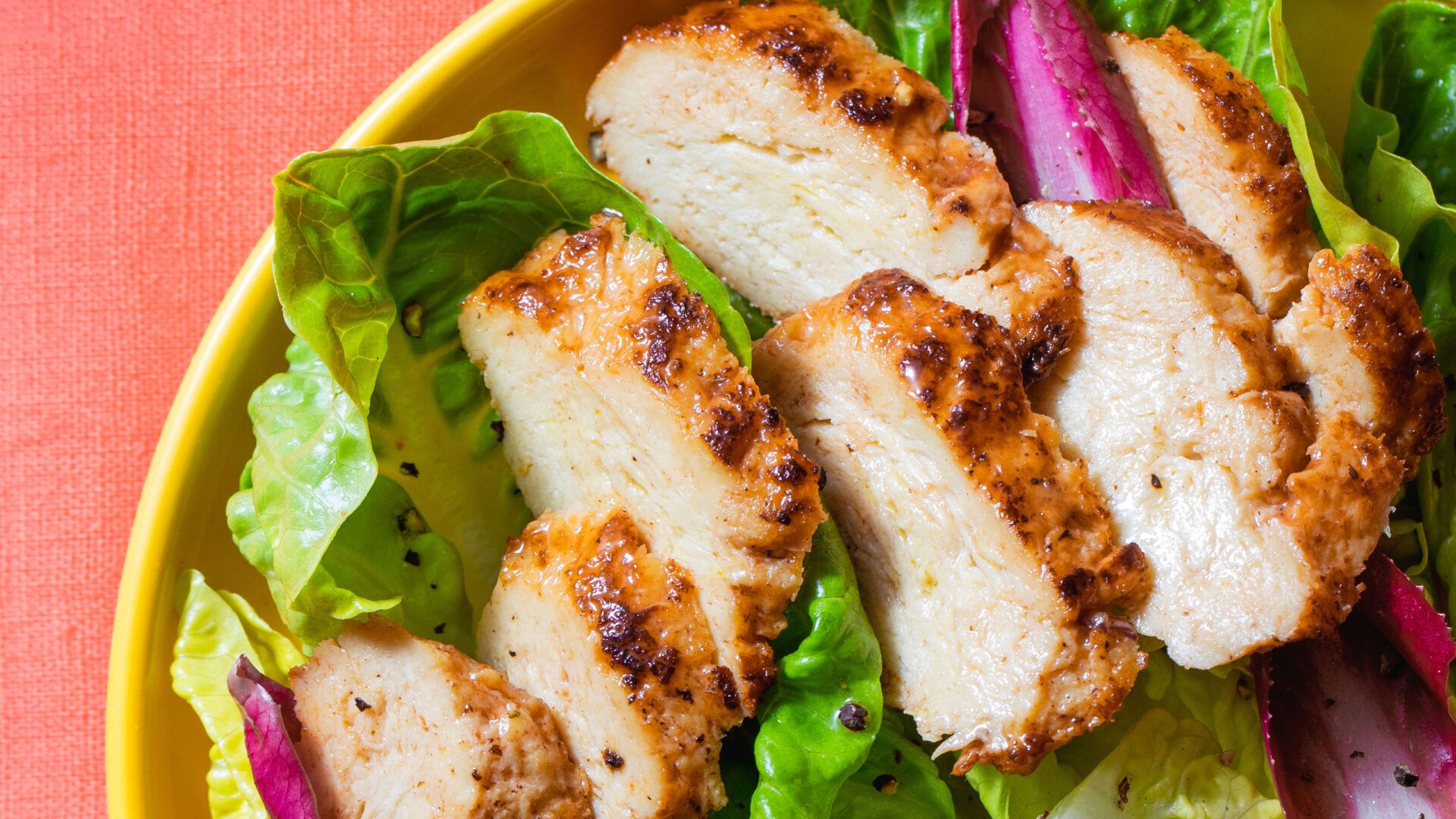



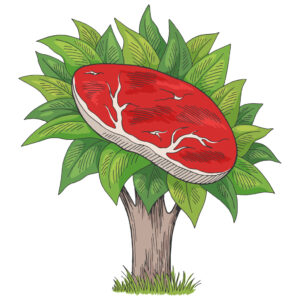

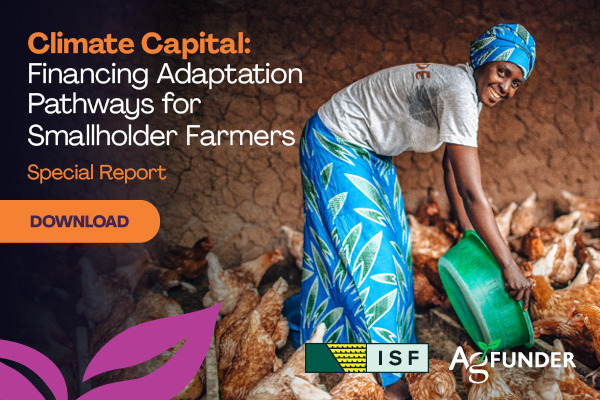



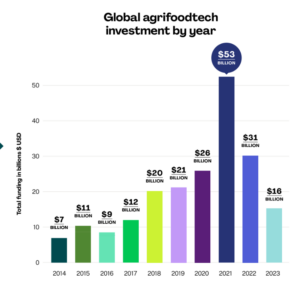


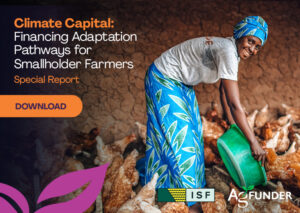

Sponsored
International Fresh Produce Association launches year 3 of its produce accelerator